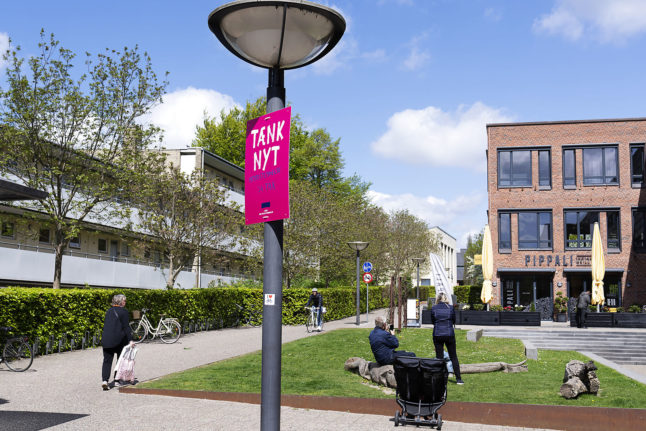The poll, conducted by Epinion on behalf of broadcaster DR, shows 38 percent of voters in favour of revoking the opt-out, compared with 27 percent who want to retain it.
28 percent said they do not know how they will vote, meaning there is still plenty of potential for both a “yes” and “no” outcome in the June 1st vote.
An earlier poll, conducted in March, put the two sides closer, with 38 percent of eligible voters then saying they would vote ‘yes’ to scrapping the opt-out, with 31 percent saying they would vote ‘no’ and 31 percent saying they didn’t know.
The government announced in March a June 1st referendum in which citizens will decide whether to overturn Denmark’s opt-out from EU defence policy. The referendum was called following Russia’s invasion of Ukraine.
Denmark’s opt-out – retsforbehold in Danish – is one of four EU special arrangements negotiated by the Scandinavian country, and has seen it abstain from participation in EU military operations and from providing support or supplies to EU-led defence efforts.
READ ALSO: Why does Denmark have four EU ‘opt-outs’ and what do they mean?
In April, the wording of the question on voting ballots for the referendum was changed, following objections from politicians opposed to scrapping the opt-out.
According to a breakdown of the new poll, younger voters and women are the most undecided groups. 20 percent of men said they were unsure how to vote compared to 38 percent of women.
Among 18-34 year-olds, 39 percent were unsure how they would vote compared to 22 percent of voters over the age of 56 who have yet to decide how to cast their votes.



 Please whitelist us to continue reading.
Please whitelist us to continue reading.
Member comments